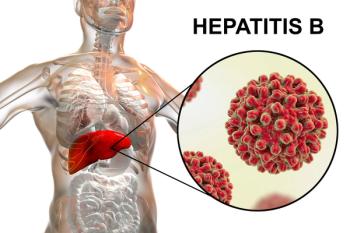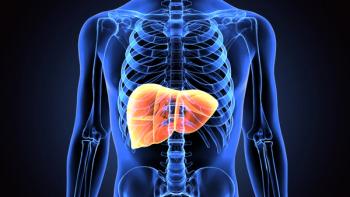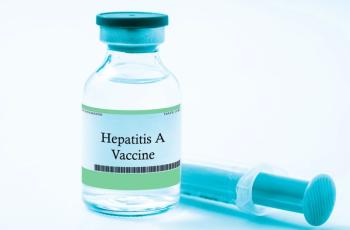
Mortality Rates for Successfully Treated Hepatitis C Patients are High, Study Finds
A study recently published in the BMJ on mortality rates in over 20,000 people successfully treated for HCV has revealed that despite successful treatment, these individuals continue to face substantial mortality rates, mainly driven by liver and drug-related causes.
Chances of death among those who have been successfully treated for hepatitis C virus (HCV) are high compared to the general population.
A
Using national data registries, researchers of the study analyzed mortality rates in patients from British Columbia, Scotland, and England (England cohort consists of patients with cirrhosis only) who were treated with an interferon-free antiviral regimen, shedding light on the pressing need for proactive post-treatment care.
Of the 21,790 people who were successfully treated for HCV, 1,572 participants died during follow-up. Follow-up started 12 weeks after their antiviral treatment completion and ended on the date of death or by December 31, 2019.
The study highlighted that even after successful HCV treatment, patients experienced high rates of drug and liver-related mortality. This also included patients without cirrhosis at the time of successful treatment.
For example, in Scotland, there were 442 observed deaths, when only 98 deaths would have been expected had the cohort experienced similar mortality rates as the general population.
Researchers found many factors were identified as predictors of higher mortality rates in these treated patients.
Recent hospital admissions for alcohol and substance misuse, as well as a greater burden of comorbidities were associated with increased mortality rates. Standardized mortality rates were also found to be highest in younger patients, emphasizing the need for early intervention and support for this group.
The study shared the importance of establishing robust care and harm reduction pathways following successful HCV treatment. To improve outcomes for HCV patients, authors stressed on the importance of providing support to reduce drug and alcohol misuse post-treatment. A combination of HCV treatment with wider intervention and wraparound services should be considered, also.
It's encouraged referral pathways to addiction services, opioid treatment, drugs for alcohol dependence, and housing support interventions can be successful HCV treatment to encourage behavioral changes.
In addition, it was found population-level actions are significant in improving mortality rates in successfully treat HCV patients. Authors shared safer drug supply prescriptions and drug policies could be potential solutions.
Authors suggest an emphasis on monitoring progress towards mortality targets and the effects of interferon-free treatments.
It’s indicated that robust follow-up pathways and comprehensive care are critical in reducing liver and drug-related mortality rates. Authors also encourage health systems to address not only the viral infection, but also the wider health needs of patients.
By incorporating population-level actions and proactive support for drug and alcohol misuse, the healthcare outcomes and future for HCV patients can be improved.
Newsletter
Get the latest industry news, event updates, and more from Managed healthcare Executive.























